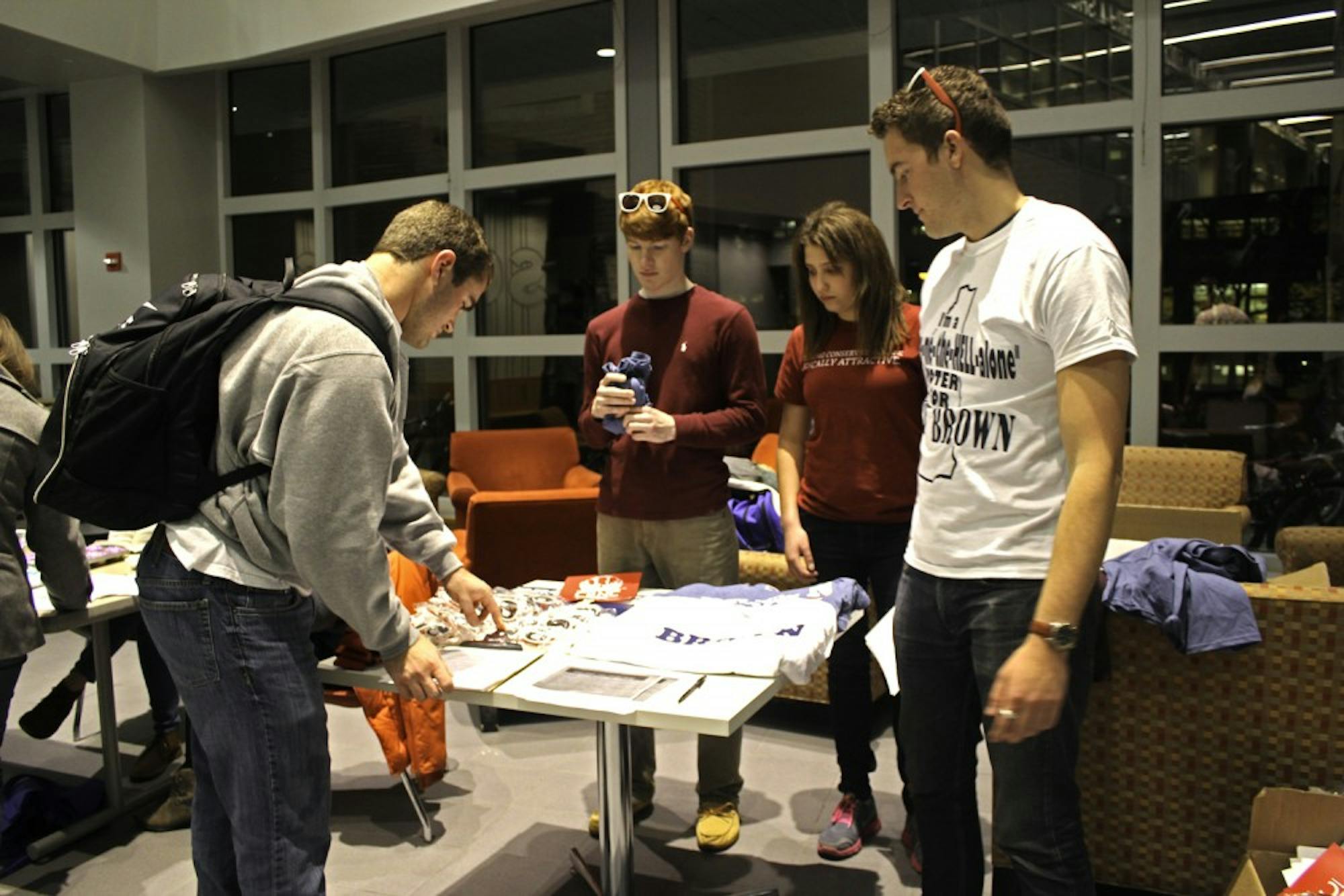Historical voting patterns predict generally low levels of participation in midterm elections among young people.
And next Tuesday is unlikely to break the trend of low voter turnout, said University of New Hampshire political science professor Andrew Smith. Smith, who directs the UNH Survey Center, attributes the trend to the large number of out-of-state students attending schools like Dartmouth.
“Very few Dartmouth students are from New Hampshire,” he said. “Theoretically, they could be voting in other states, in their home states, where they probably have a greater awareness of what’s going on and know the candidates more and have maybe more interest or concern because they plan to be moving back to those states.”
Smith said that because turnout tends to be low among students, they are unlikely to significantly affect Election Day.
Joseph Bafumi, a Dartmouth government professor who studies campaigns and elections, said that because this year’s state midterm elections are likely to be close, the student vote may matter more than usual.
“The Dartmouth student voting bloc is an important voting bloc, but it’s not so much a feature of Dartmouth students as it’s a really close race in the Congressional district and in the Senate,” Bafumi said. “All these campuses are going to be important to Democrats and Republicans, because when you have a race that’s a toss-up, it’s all about voter turnout.”
Historically, voter turnout among young people in New Hampshire, as across the nation, has been quite low. About 22 percent of people between the ages of 18 and 29 voted in the 2010 midterm election in New Hampshire, according to data from the Center for Information and Research on Civic Learning and Engagement. That number has remained relatively consistent over the past decade, with an average of 20.55 percent of voters in that group turning out to vote in midterms since 1998, according to the center.
Presidential elections typically see higher turnout than midterms, and in 2012 55.6 percent of New Hampshire voters between the ages of 18 and 29 participated. The group has seen an average of 55.5 percent of its members vote in presidential elections since 2000.
Despite these relatively low numbers, the process of registering to vote in New Hampshire is among the most simple and lenient in the nation. College students may choose New Hampshire as their voting domicile and register to vote using student IDs without establishing residency by any other means.
Smith said that choosing to vote in New Hampshire is a straightforward process for out-of-state students.
“We probably have the loosest laws governing residency for voting,” said Smith. “Pretty much all you have to say is, ‘I spend most of my time in New Hampshire even though I might have a New York driver’s license and New York plates on my car,’ and you can still vote in New Hampshire.”
There has been contentious debate over the ease with which students can register to vote in the state, however. A court battle over the inclusion of the phrase, “In declaring New Hampshire as my domicile, I am subject to the laws of the state of New Hampshire which apply to all residents, including laws requiring a driver to register a motor vehicle and apply for a New Hampshire driver’s license within 60 days of becoming a resident” has been ongoing since 2012.
An injunction imposed by Strafford County Superior Court Judge Brian Tucker bars the inclusion of that language on the form on the grounds that it unfairly discriminates against out-of-state students. This injunction overrides a provision of House Bill 466 that would include the phrase on voter registration forms. The bill was signed into law by Gov. Maggie Hassan, D-N.H., in July. The injunction was appealed to the Supreme Court and the case was accepted on Sept. 15.




